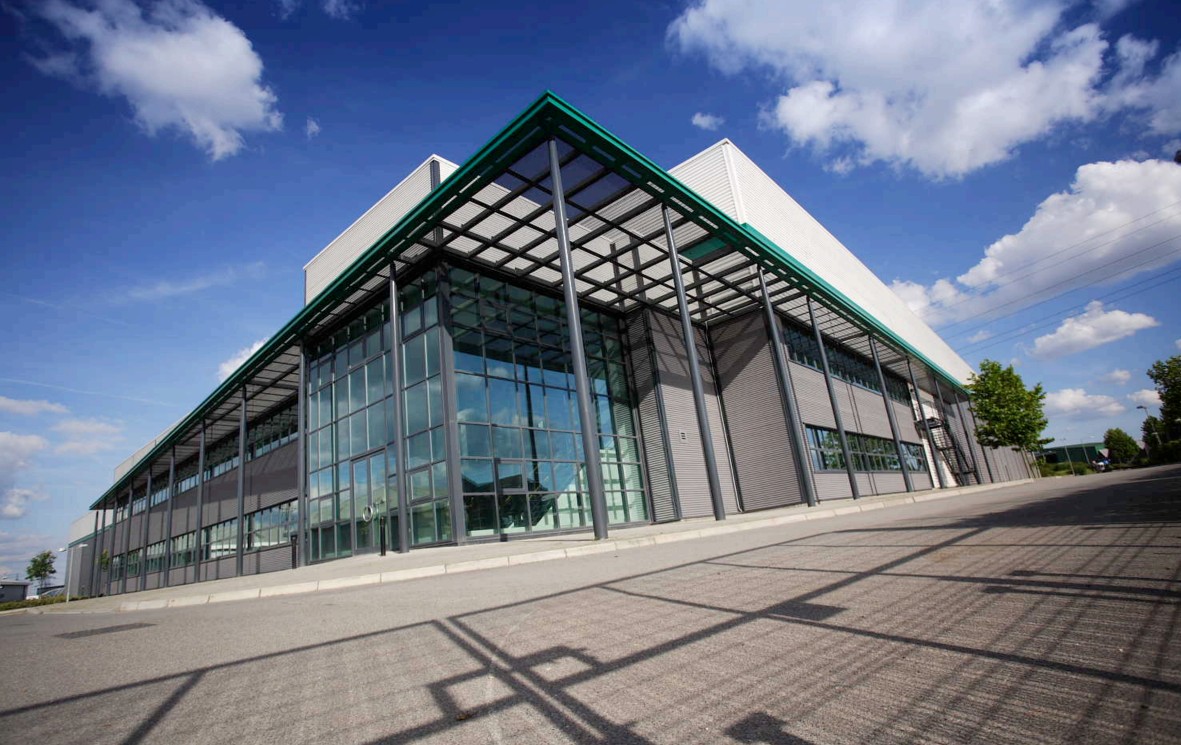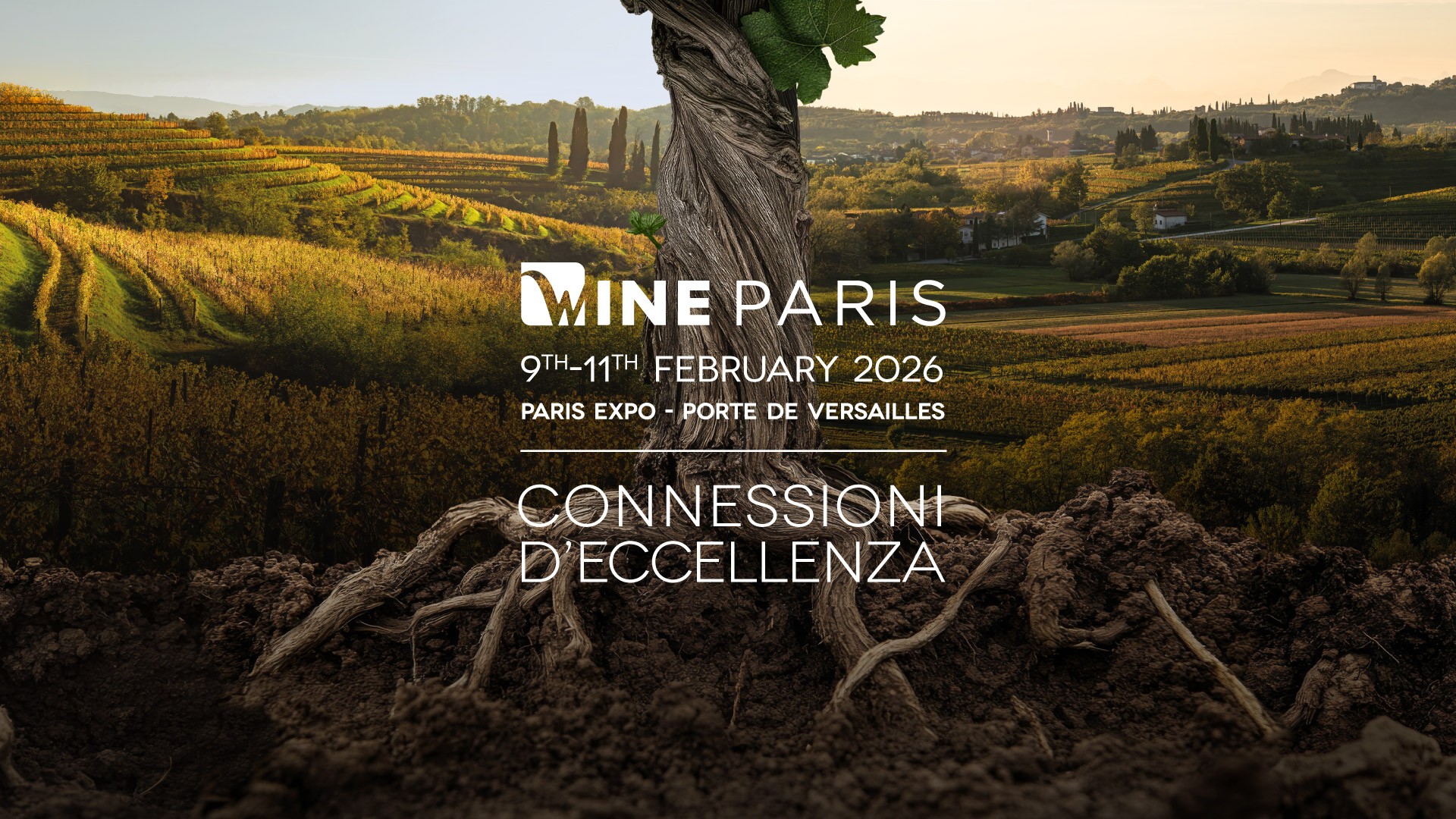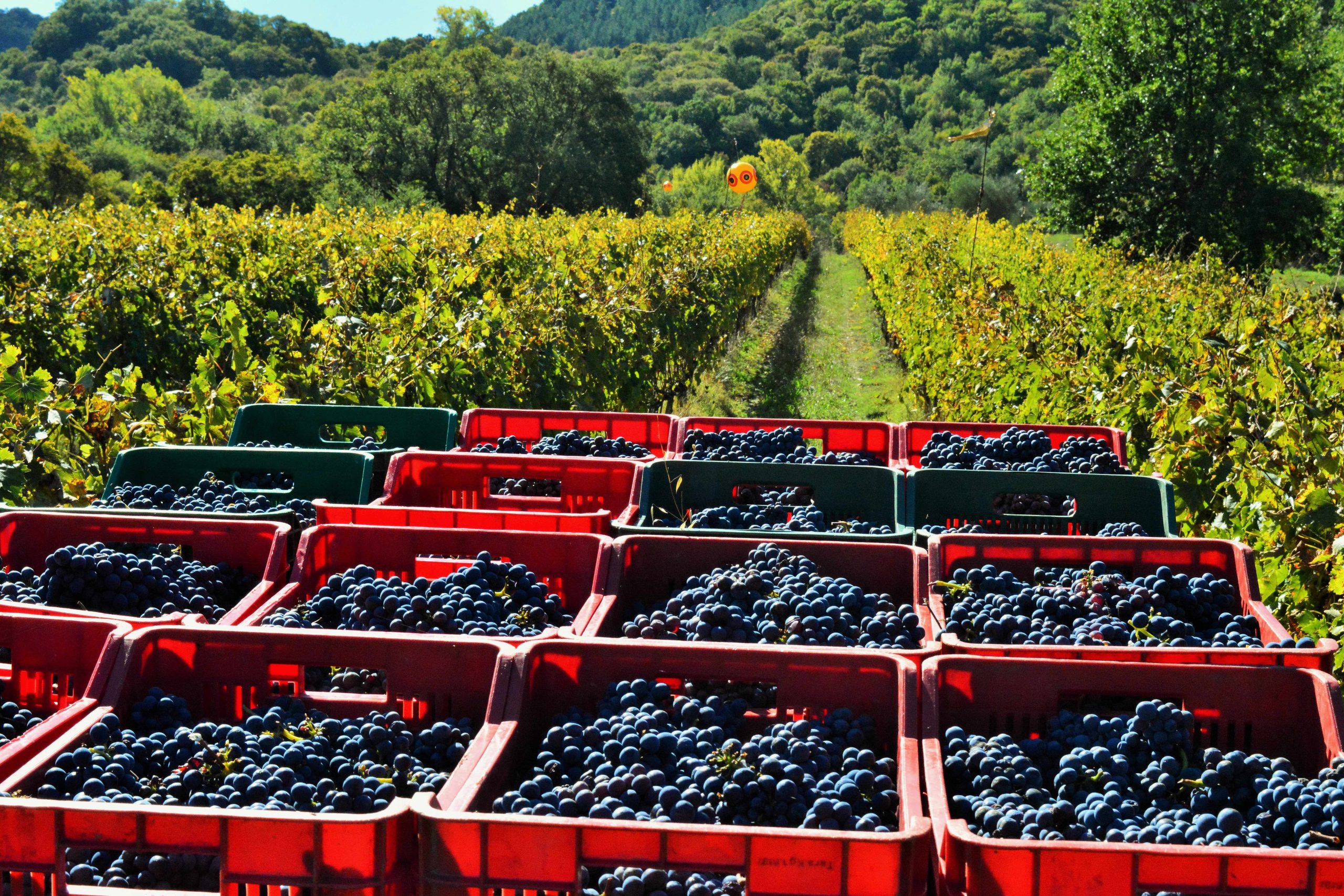Uncorked: Naoki Watanabe, Suntory
Naoki Watanabe, oenologist/winemaker at Suntory’s Tomi no Oka Winery, is responsible for making quality Japanese wines that have been given many prestigious awards including at our Asian Cabernet Sauvignon Masters and Asian Chardonnay Masters this year. Its top Cabernet-based blend called ‘Tomi no Oka Red’ won a Master title at our Cabernet competition, impressing a panel of expert judges during blind tasting for its exceptional minerality and fine grained tannins. Its well-crafted Chardonnay did not disappoint either and bagged a Gold medal at our Chardonnay competition for its restrained, elegant and balanced style, as the judges noted. The talented, Bordeaux-trained winemaker says he would risk his life to save a bottle of Tomi Noble d’Or 1975, Japan’s very first noble rot-affected sweet wine, and tells us the greatest advice he received from the president of Château Lagrange.
What vintage are you?
I was born in 1965. That was a very tough vintage in Bordeaux, and I guess we can’t buy 1965 Bordeaux wine any more because the wine from that kind of year tends to be consumed right away, given its lack of promised investment through maturation. With a touch of self-mockery, I sympathise with the wine from that year— the 1965 Bordeaux isn’t a wine that you store while you wait for its investment value to go up, or a wine (or person) that you keep around for decoration. It’s a wine you give to people for their drinking pleasure (a person whose value is measured by his or her present work). There’s something similar about Japanese wine, making its way through tough climatic conditions. By the way, my wife was born in 1966, which is one of the great vintages in Bordeaux. I once tasted a sweet white Loupiac 1966 in Bordeaux, and there are probably 1966 Bordeaux wines still on the market.
What bottle sparked your love of wine?
For one, there was Catena. When I visited Catena, an Argentinian winery in Mendoza, I discovered the wonder of Malbec grown in local terroir. It evoked a kind of qualia inside myself, helping me arrive at the concept of making the most of the nature and the terroir in viticulture at the Tomi no Oka Winery.
Another was the Nikolaihof im Weingebirge Grüner Veltliner Federspiel. It’s a fresh, lively wine which is smooth and has a nice body. It is still clear in my memory as one of the formative images for Suntory Japan Premium Koshu.
What would you be as a wine?
Not a complex wine, but a pleasure one. A wine with delicately placed hints to help you catch onto its charm. Close to the idea of our Koshu wine.
Where are you happiest?
When the day is over with no problems, and I’m relaxing and drinking wine at home. I grow vegetables like arugula in my garden, and I’ll cook something simple to suit the day’s wine and enjoy the “marriage” of food and wine.
What’s your greatest vice?
Eating too much. I love to eat, and the reason I joined Suntory in the first place was to make delicious things myself, enjoying my food and meals. I love sweets too, I have to admit, and when I’m eating something sweet sometimes I am tempted to have a glass of Suntory’s Japanese Whisky, like Yamazaki or Hibiki.
Best advice you ever got?
A French friend of mine once told me “Don’t give up on your dreams.” I’m still holding on to my dreams and ideals of who I want to be. Another piece of advice would be what the president of Château Lagrange told me when I was in my twenties, “When a good wine comes out, say you were there.” It’s a typically witty French joke, of course, but I have always held it close, in the sense that great wines come not from people alone, but also from the greater elements of climate, terroir, history and so on.
Your cellar’s underwater, which bottle would you dive in and save?
Partner Content
Well, if we’re talking about my wine cellar at home, the one treasure I don’t want to lose is Tomi Red 1996, the base of Suntory’s flagship Japanese wine. For the Tomi no Oka winery cellar, it would be the Tomi Noble d’Or 1975, Japan’s first noble-rot wine.
What’s the best and worst thing about the wine business?
The best thing is that if you master the local aspects of the business, you will find a global world beyond that. Even more so, the way you get to make contact with people all over the world through winemaking. The reason I enjoy myself so much at work is because of the wine itself.
If I had to name a bad thing, I suppose it’s the way that you have to be constantly attentive to the weather and the condition of the grapes. So that work is every part of my daily life. However I try not to forget to enjoy myself, even when work is tough this way.
What’s on your wine bucket list?
I’m less concerned with what I’d like to make than with who I want to be. There’s never an end to the work of creating wines that make the most of the regional terroir.
Who would you invite to your dream dinner party?
I’d like to invite the people who helped me out when I studied at Bordeaux University, but there are just too many. If I had to choose just one, I’d say Professor [Denis] Dubourdieu, who passed away last year. A master by any account, he taught me so much about winemaking. I’d like to have him drink the wines I’m making now and tell me honestly what he could find from my wines. .
Personal satisfaction (Parker points – out of 100)?
87. I mean, as a winemaker, I’ve still got room to improve. I’d like to ask the winery staff for their opinions, but I’m too nervous to know the score.
Which wine would you like served at your funeral?
Suntory Japan Premium Koshu. I’ve drunk more of this wine than any other in my time, and I’d like the whole world to join me in a glass.




